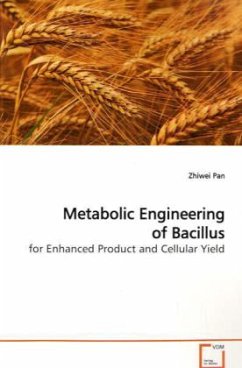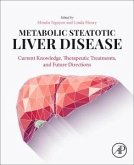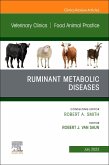Microbial cultures usually produce a significant
amount of acidic byproducts which can repress cell
growth and product synthesis. Metabolic engineering
provides a powerful approach to optimize the cellular
activities and improve product yields by genetically
manipulating specific metabolic pathways. In this
study, an inducible PYK (iPYK) mutant of B. subtilis
was constructed based on the outcome of metabolic
modeling. The results demonstrate that good cell
growth rate and low acetate formation can be attained
at an appropriate PYK expression level. In Addition,
the PYK mutation was explored as an efficient way to
improve the production of recombinant protein and
valuable metabolites such as folic acid. A
combination of PYK mutation and additional mutations
in the folic acid synthesis pathway resulted in an
8-fold increase in folic acid production. Recombinant
protein was improved two-fold by the PYK mutation due
to low acetate formation and longer production time
in the pyk mutant.
amount of acidic byproducts which can repress cell
growth and product synthesis. Metabolic engineering
provides a powerful approach to optimize the cellular
activities and improve product yields by genetically
manipulating specific metabolic pathways. In this
study, an inducible PYK (iPYK) mutant of B. subtilis
was constructed based on the outcome of metabolic
modeling. The results demonstrate that good cell
growth rate and low acetate formation can be attained
at an appropriate PYK expression level. In Addition,
the PYK mutation was explored as an efficient way to
improve the production of recombinant protein and
valuable metabolites such as folic acid. A
combination of PYK mutation and additional mutations
in the folic acid synthesis pathway resulted in an
8-fold increase in folic acid production. Recombinant
protein was improved two-fold by the PYK mutation due
to low acetate formation and longer production time
in the pyk mutant.








